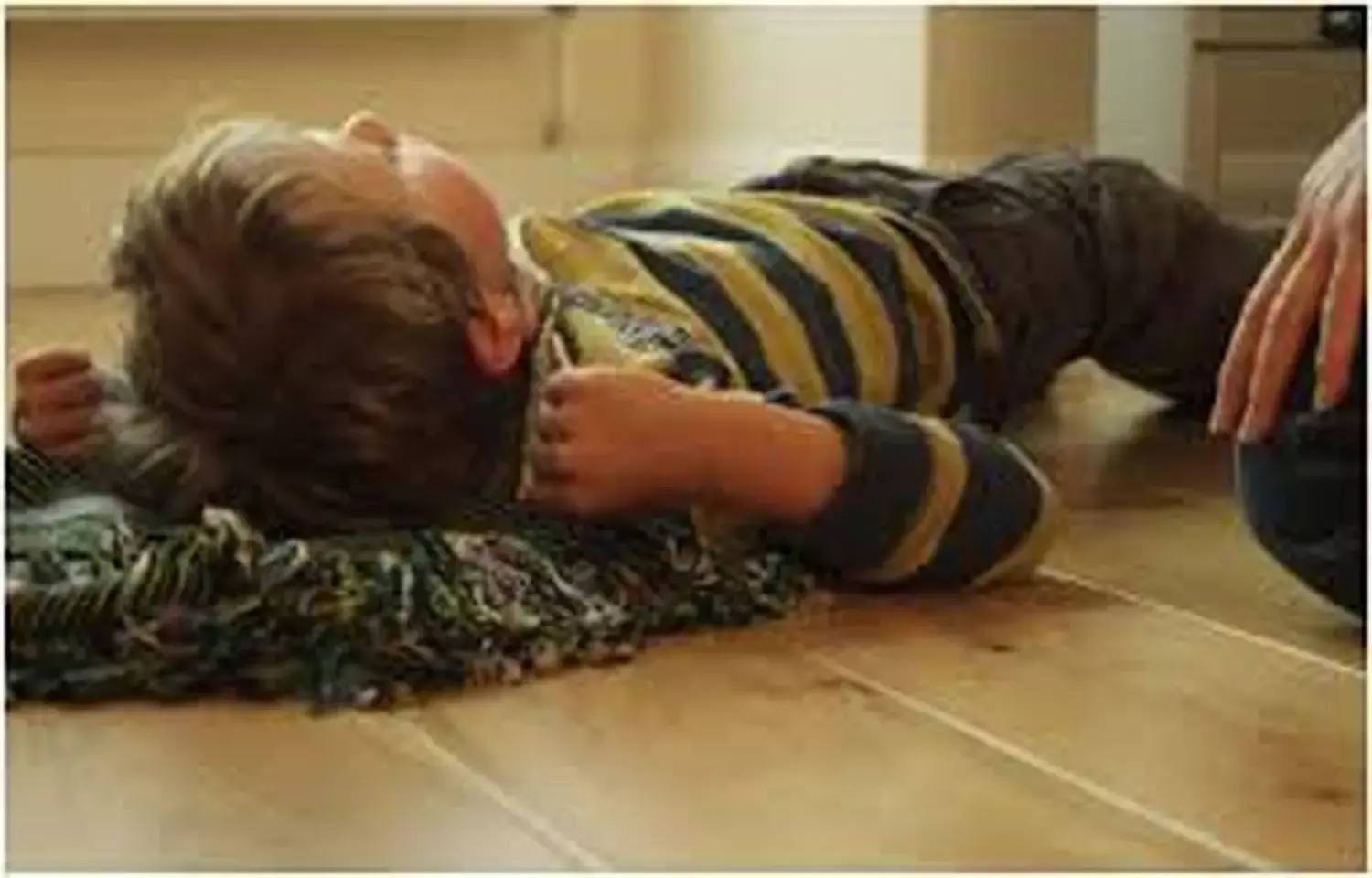- Home
- Medical news & Guidelines
- Anesthesiology
- Cardiology and CTVS
- Critical Care
- Dentistry
- Dermatology
- Diabetes and Endocrinology
- ENT
- Gastroenterology
- Medicine
- Nephrology
- Neurology
- Obstretics-Gynaecology
- Oncology
- Ophthalmology
- Orthopaedics
- Pediatrics-Neonatology
- Psychiatry
- Pulmonology
- Radiology
- Surgery
- Urology
- Laboratory Medicine
- Diet
- Nursing
- Paramedical
- Physiotherapy
- Health news
- Fact Check
- Bone Health Fact Check
- Brain Health Fact Check
- Cancer Related Fact Check
- Child Care Fact Check
- Dental and oral health fact check
- Diabetes and metabolic health fact check
- Diet and Nutrition Fact Check
- Eye and ENT Care Fact Check
- Fitness fact check
- Gut health fact check
- Heart health fact check
- Kidney health fact check
- Medical education fact check
- Men's health fact check
- Respiratory fact check
- Skin and hair care fact check
- Vaccine and Immunization fact check
- Women's health fact check
- AYUSH
- State News
- Andaman and Nicobar Islands
- Andhra Pradesh
- Arunachal Pradesh
- Assam
- Bihar
- Chandigarh
- Chattisgarh
- Dadra and Nagar Haveli
- Daman and Diu
- Delhi
- Goa
- Gujarat
- Haryana
- Himachal Pradesh
- Jammu & Kashmir
- Jharkhand
- Karnataka
- Kerala
- Ladakh
- Lakshadweep
- Madhya Pradesh
- Maharashtra
- Manipur
- Meghalaya
- Mizoram
- Nagaland
- Odisha
- Puducherry
- Punjab
- Rajasthan
- Sikkim
- Tamil Nadu
- Telangana
- Tripura
- Uttar Pradesh
- Uttrakhand
- West Bengal
- Medical Education
- Industry
Frequent episodes of syncope tied to psychogenic etiology in children: Study

According to recent research published in the Indian Pediatrics Journal, researchers have noted that a detailed history is of paramount importance in making the diagnosis in syncope and cases of syncope need an ECG to rule out potentially life-threatening cardiac causes.
Literature states that Syncope is commonest in the adolescent age group with a peak in incidence between 15 to 19 years. Although cardiac causes of syncope are rare, they can be potentially life-threatening. Even a benign syncopal event can generate extreme anxiety. As a result, syncope evaluation often leads to a battery of expensive low-yield tests.
Therefore, Sweta Mohanty and associates from the Department of Pediatric Cardiology, Neurology, and Clinical Neurosciences and Child and Adolescent Psychiatry, Aster CMI Hospital, Bengaluru, Karnataka, India conducted the study to describe the clinical profile of children with syncope.
Hospital records were reviewed for clinical and laboratory details of children presenting with real or apparent syncope. Five diagnostic categories were identified: neurocardiogenic syncope (NCS), psychogenic pseudosyncope (PPS), cardiac, neurological, and indeterminate. A total of 30 children aged 4 to 17 years were included in the study.
The results showed that-
- The commonest cause of syncope was NCS (63.3%), followed by PPS (13.3%), cardiac (10%), neurological (10%) and indeterminate (3.3%).
- Exercise, loud noise or emotional triggers and family history was associated with cardiac etiology and electrocardiogram (ECG) was diagnostic in the majority.
- Children with PPS and cardiac syncope had frequent episodes when compared with other groups.
- Indiscriminate antiepileptic use was found in 5 children, including two cardiac cases.
Hence, the authors concluded that "frequent recurrences of syncope may suggest PPS or cardiac cause. Cardiac etiology may be readily identified on history and ECG alone."
This study has the limitation of being a retrospective study, with a small sample size. However, a detailed history is of paramount importance in making the diagnosis in syncope and cases of syncope need an ECG to rule out potentially life-threatening cardiac causes, they further added.
Dr. Nandita Mohan is a practicing pediatric dentist with more than 5 years of clinical work experience. Along with this, she is equally interested in keeping herself up to date about the latest developments in the field of medicine and dentistry which is the driving force for her to be in association with Medical Dialogues. She also has her name attached with many publications; both national and international. She has pursued her BDS from Rajiv Gandhi University of Health Sciences, Bangalore and later went to enter her dream specialty (MDS) in the Department of Pedodontics and Preventive Dentistry from Pt. B.D. Sharma University of Health Sciences. Through all the years of experience, her core interest in learning something new has never stopped. She can be contacted at editorial@medicaldialogues.in. Contact no. 011-43720751
Dr Kamal Kant Kohli-MBBS, DTCD- a chest specialist with more than 30 years of practice and a flair for writing clinical articles, Dr Kamal Kant Kohli joined Medical Dialogues as a Chief Editor of Medical News. Besides writing articles, as an editor, he proofreads and verifies all the medical content published on Medical Dialogues including those coming from journals, studies,medical conferences,guidelines etc. Email: drkohli@medicaldialogues.in. Contact no. 011-43720751


